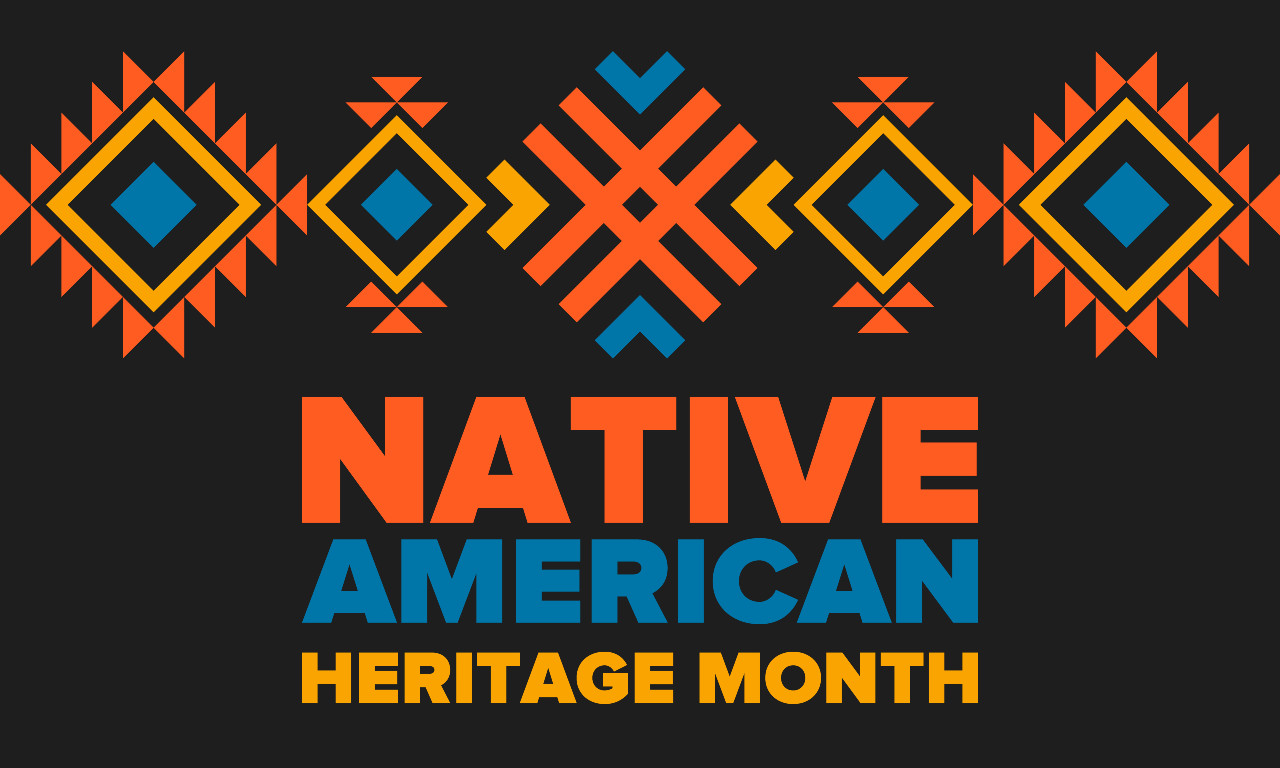California Indian Education for All (caindianeducationforall.com) has resources that can benefit local educational agencies during National Native American Heritage Month in November and year-round.
A product of the San Diego County Office of Education, California Indian Museum & Cultural Center and the California Indian Culture and Sovereignty Center funded by a federal Office of Indian Education Native Youth Community Projects grant, the nonprofit was developed after learning from teachers that the curriculum being used wasn’t utilizing resources from tribal communities to tell an accurate version of the state’s history, according to San Diego COE’s Staci Block, who serves as an executive leadership coach in the Multilingual Education and Global Achievement Department.
California Indian Education for All is currently involved in creating the model curriculum for K-12 Native American studies in California.
Block said the organizations, which came together while collaborating on a previous grant-funded project, felt like the right people at the right time to engage in the work and partner with tribal communities.
With a goal of creating culturally responsive resources that improve representation and classroom climates for teaching and learning about California’s native people, classroom materials such as a Thanksgiving teaching toolkit, lessons on Native foods, Pomo and Kumeyaay tribal curricula and book and film recommendations have been compiled. Original content is also being developed, including The 6 P’s: California Indian Education Curriculum. The P’s stand for place, presence, perspectives, political nationhood, power and partnerships.
Other resources available on the site include documents like 7 Essential Understandings For California Indian History and Culture and California Indian Essential Understandings.
Trainings and events
California Indian Education for All’s full 2023–24 calendar of events (bit.ly/46xxc8g) can be viewed online.
Talking and listening circles on topics like the model curriculum and American Indian Education for tribal education are regularly held. Both are open to anyone, but the latter is especially useful for tribal education directors and leaders from LEAs that are Title VI recipients.
While states like Washington and Oregon require school board members in Title VI districts to take a three-hour training for tribal consultation, California does not, Block explained. The talking circles are a chance to share effective programs that have been implemented in other states and provide information on increasing partnerships and creating agency for tribal leaders to develop programs in their own districts to support Native youth and families.
The newly designed Ensuring Excellence and Equitable Learning for all American Indian Students training series, aligned with San Diego COE’s Equity Blueprint for Action, are free sessions open to PK-12 educators, administrators, Title VI committee members, tribal education staff and others with upcoming dates in November, January and March. The Nov. 1-2 dates were a Title VI Leadership Institute, Jan. 24-25 will focus on facilitating and encouraging Native youth leadership and March 19-21 will cover effective practices in Indian education.
Research and more resources
California Indian Education for All partners conducted a survey in summer 2020 on the impacts of COVID-19 on American Indian K-12 students, which documented the disproportionate impacts of the pandemic on American Indian families.
In the San Diego area, the effects are still being tracked. Factors like a loss in the family and academic disruptions are still impacting young people years later, Block said. Block noted that listening to the community and their concerns is important. With more students qualifying for special education services, for example, providing advocacy and supports for families is key. Due to an increase in fentanyl-related overdoses, implementing education and prevention strategies would be helpful.
Block added that having counselors who are familiar with and can relate to the cultural traditions and beliefs within a community is also beneficial.
Due to support from San Diego COE Superintendent Paul Gothold, who Block called a “strong equity leader,” and others, the LEA continues to produce and curate resources that others can draw upon to support Native American youth, family agency and voice.
On the San Diego COE website (bit.ly/3S3IBIh), tools like the Native Ways of Knowing Book List on decolonizing and indigenizing classrooms and libraries has recommendations for all grade levels and suggestions for educators. The LEA has also published a California Indian Education Resources Guide for 2023–24 (bit.ly/CIE_ResourceGuide).
Block added that signing up for the California Indian Education for All community updates email list (bit.ly/3M6IsjL) is the best way to stay informed on the latest resources.




